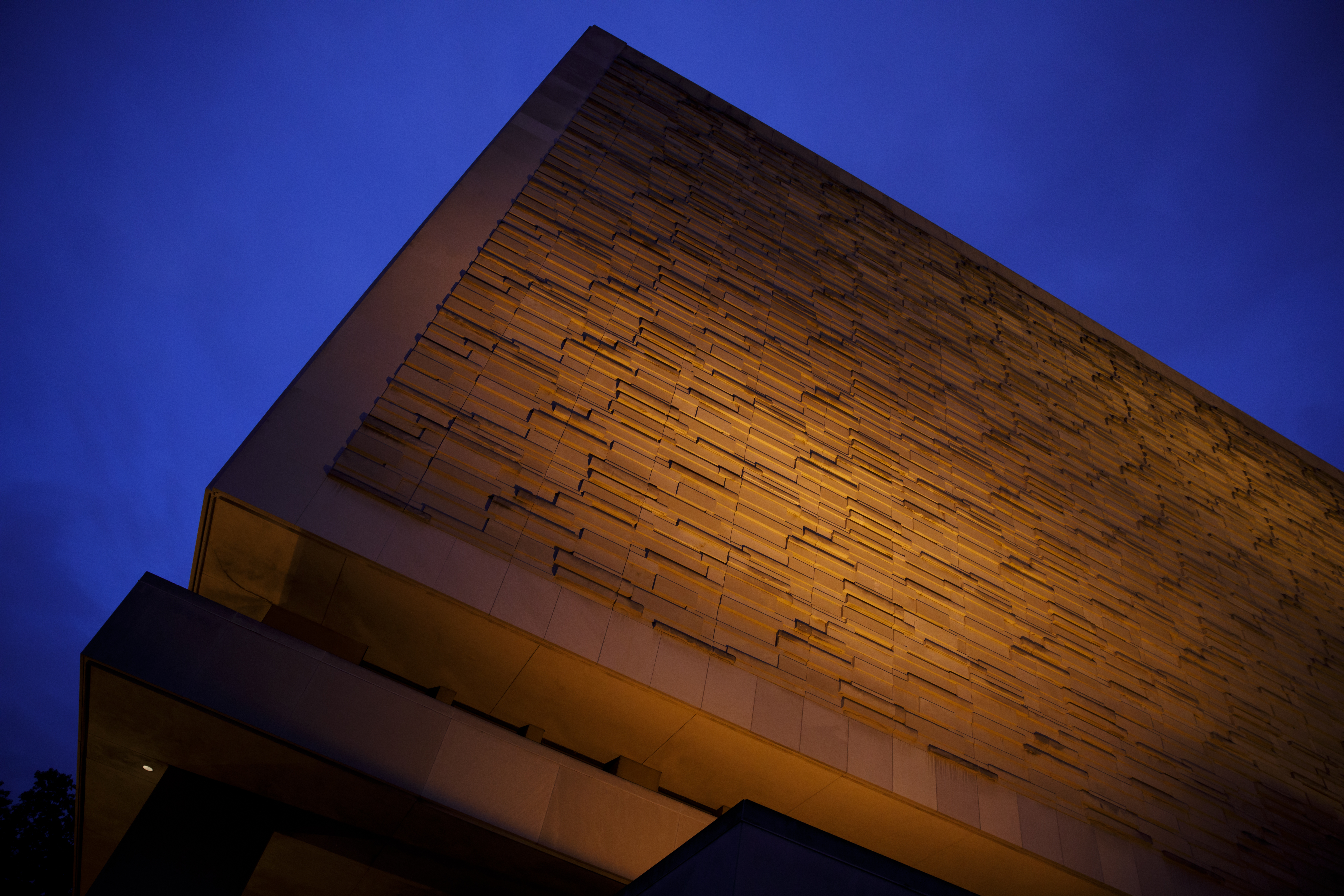The IPCHG will be a syntactically parsed corpus of approx. 165 High German texts from the 11th through 20th centuries. The corpus is currently about one-third complete and publically available (most of the Early New High German texts and some Middle High German ones). As we complete annotations of the texts, you can download and query the texts on this website.
Indiana Parsed Corpus of Historical (High) German
About the corpus
Research Team
Christopher D. Sapp, Ph.D., primary investigator
Rex A. Sprouse, Ph.D., primary investigator
Elliott Evans, Ph.D., postdoctoral fellow
Danny Dakota, Ph.D., computational consultant
Elaine Dalida, M.A., graduate assistant
Jane Harris, M.A., graduate assistant
Daniel Mitropolous, M.A. graduate assistant
Links
Related parsed historical corpora
- The Penn Parsed Historical Corpora of English (PPHCE)
- The Icelandic Parsed Historical Corpus (IcePaHC)
- The Heliand Parsed Database (HeliPaD)
- The Corpus of Historical Low German (CHLG)
- Caitlin Light's parsed corpus of Martin Luther's ENHG Bible translation
Parsing / Annotating tools
- CorpusSearch 2, the query language for Penn-style parsed corpora
- Annotald, a tool for annotating parsed texts
- Our scripts for extracting parsable sentences from source corpora
German language resources
- Wörterbuchnetz searchable historical dictionaries of German
- Deutsch Diachron Digital, a family of historical corpora of German
Acknowledgments
This project is possible thanks to the following grants:
- Faculty Research Support Funding Seed grant from the IU OVPR, supported by the Department of Germanic Studies and the Department of Second Language Studies.
- External Resubmission grant from the IU OVPR, also supported by the Departments of Germanic Studies and Second Language Studies.
- National Science Foundation 3-year grant "Building a parsed historical corpus to investigate word-order variation and change."
Special thanks to our former graduate assistants: Janine Emerson, Mary Gilbert, Sal Goldfinch, Tyler Kniess, and Elijah Peters.


